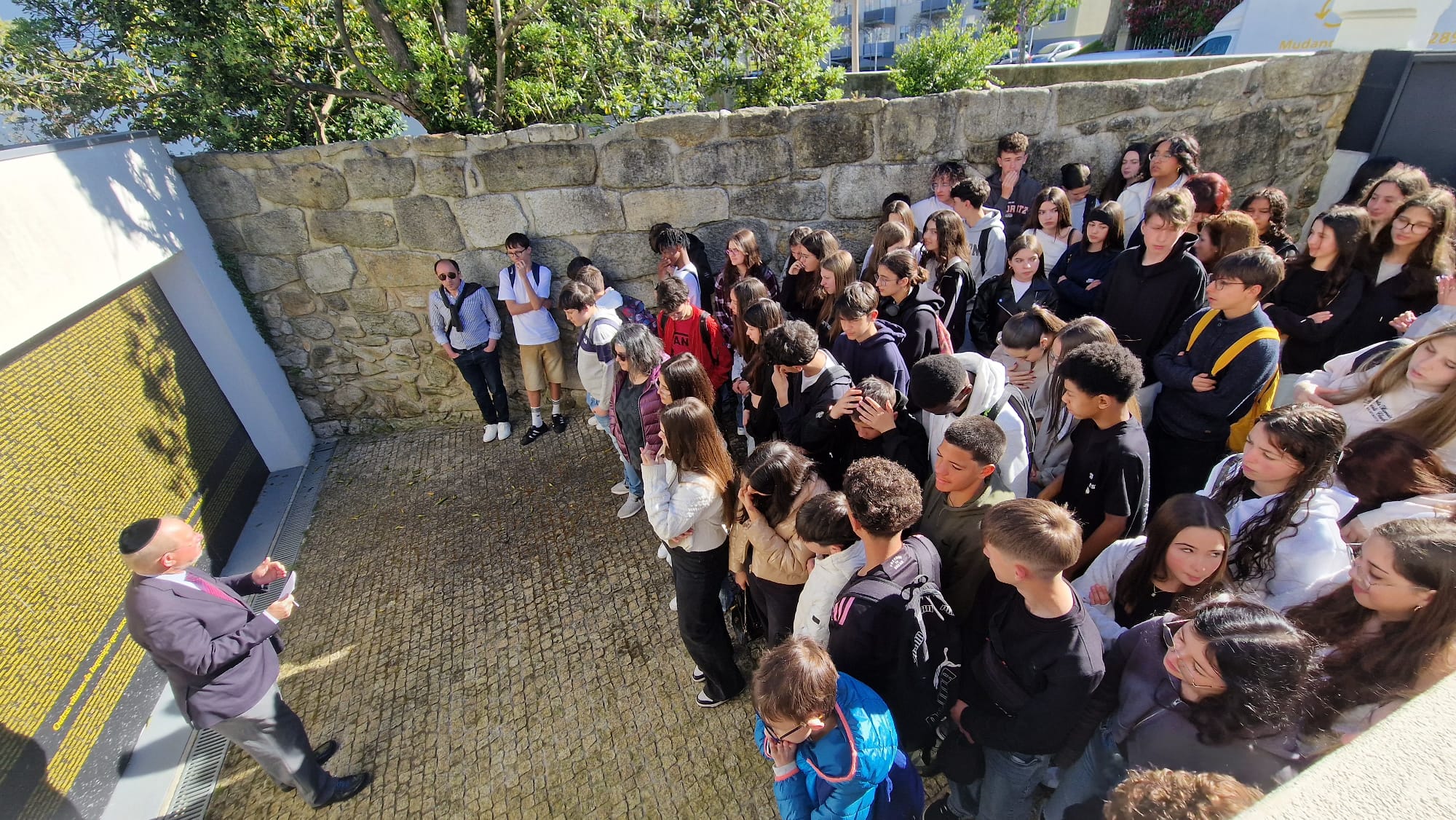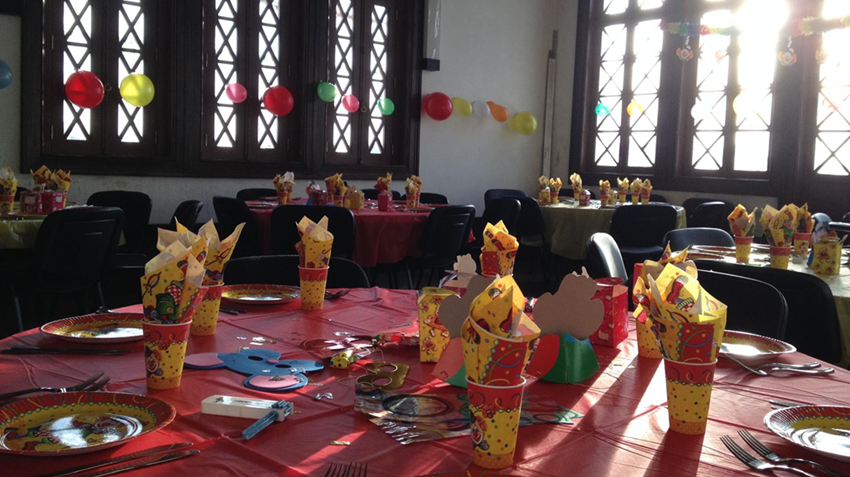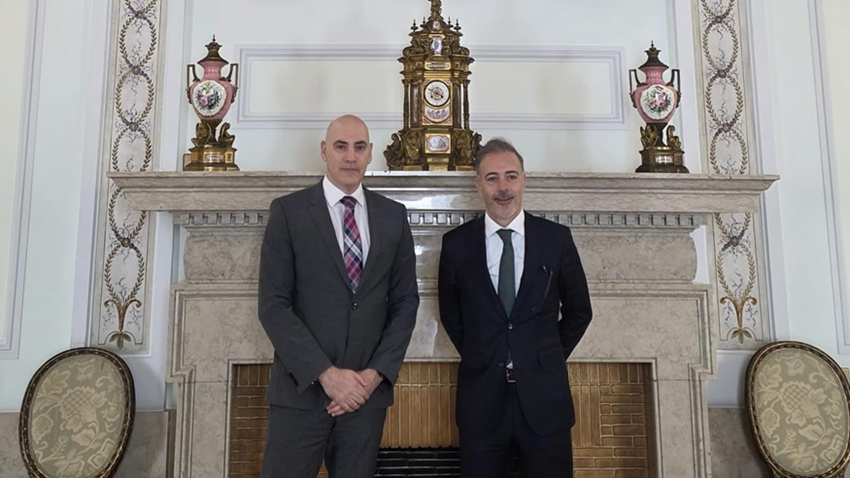Today, March 31st, the Jewish Museum of Oporto welcomed eight hundred schoolchildren from all over the country, mainly from the larger cities, Oporto and Lisbon. Michael Rothwell, director of the Museum, recalled that the Portuguese Inquisition acted between 1536 and 1821. "For almost three centuries a religious belief or any similarity was forbidden. In the history of humanity there has never been such a systematic and lasting persecution due to such an innocent cause, on any continent”.
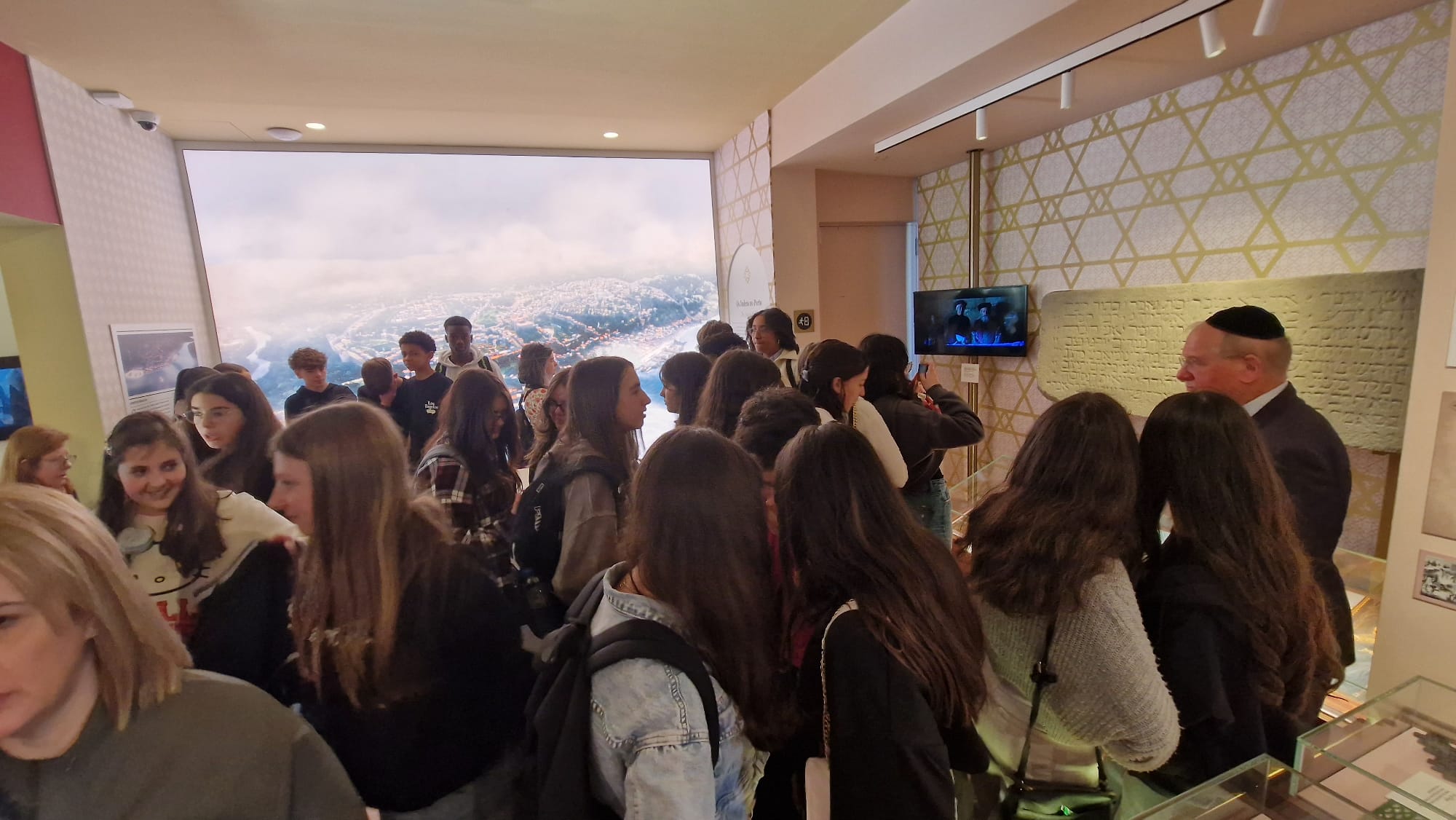
The anonymous denunciation and the testimonies of the same nature, even from those convicted in the common courts, marked the guiding thread of the investigation, from the beginning to the end of the process. The integrity of the complainants, nor of the witnesses they indicated, nor their low moral condition, nor their real access to the facts, nor their thirst for revenge or any other resentment present in their hearts were not investigated. On the contrary, the accused was called, charged, detained, stripped of the goods he was carrying with him, his house searched, his personal assets that could support the accusation were seized, and part of his assets were inventoried and confiscated to cover the costs of the proceedings and any fines he might be sentenced to pay.
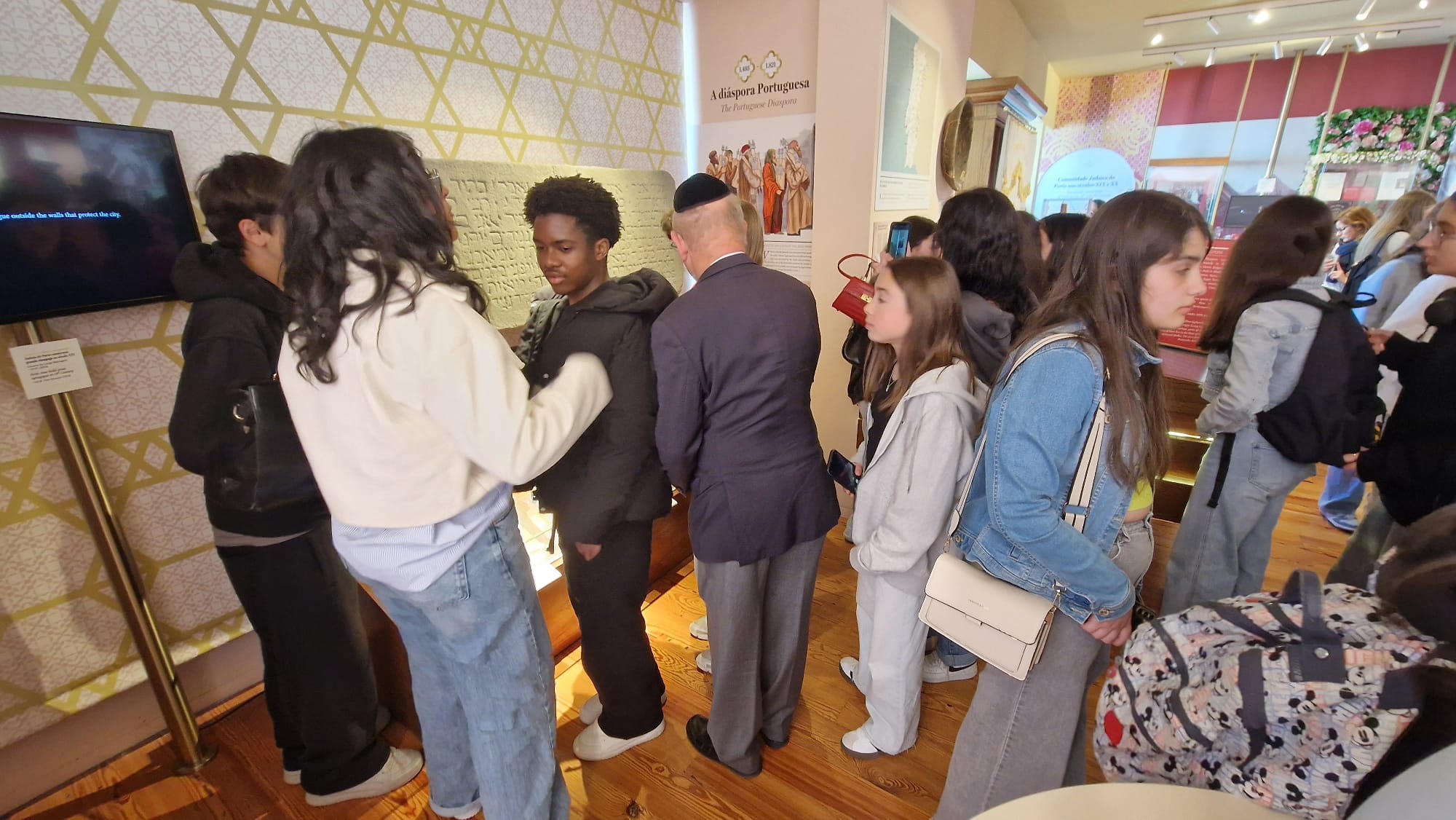
With several rooms dedicated to the history of the Jews around the world and particularly in Portugal, the Oporto Jewish Museum pays particular attention to the period of the Inquisition. Included among objects, both valuable and symbolic, is a replica of the prison-coach dating from the time of the Inquisition, the famous 17th century book “Sentinela Contra os Judeus” (which states that Jews have tails) and a memorial, measuring four metres wide by two metres high, recording the names of 842 victims born in the city of Oporto. Friars, nuns, noblemen, lawyers, market vendors, rich and poor, young and old, all born in the second largest city in Portugal, had their lives destroyed.
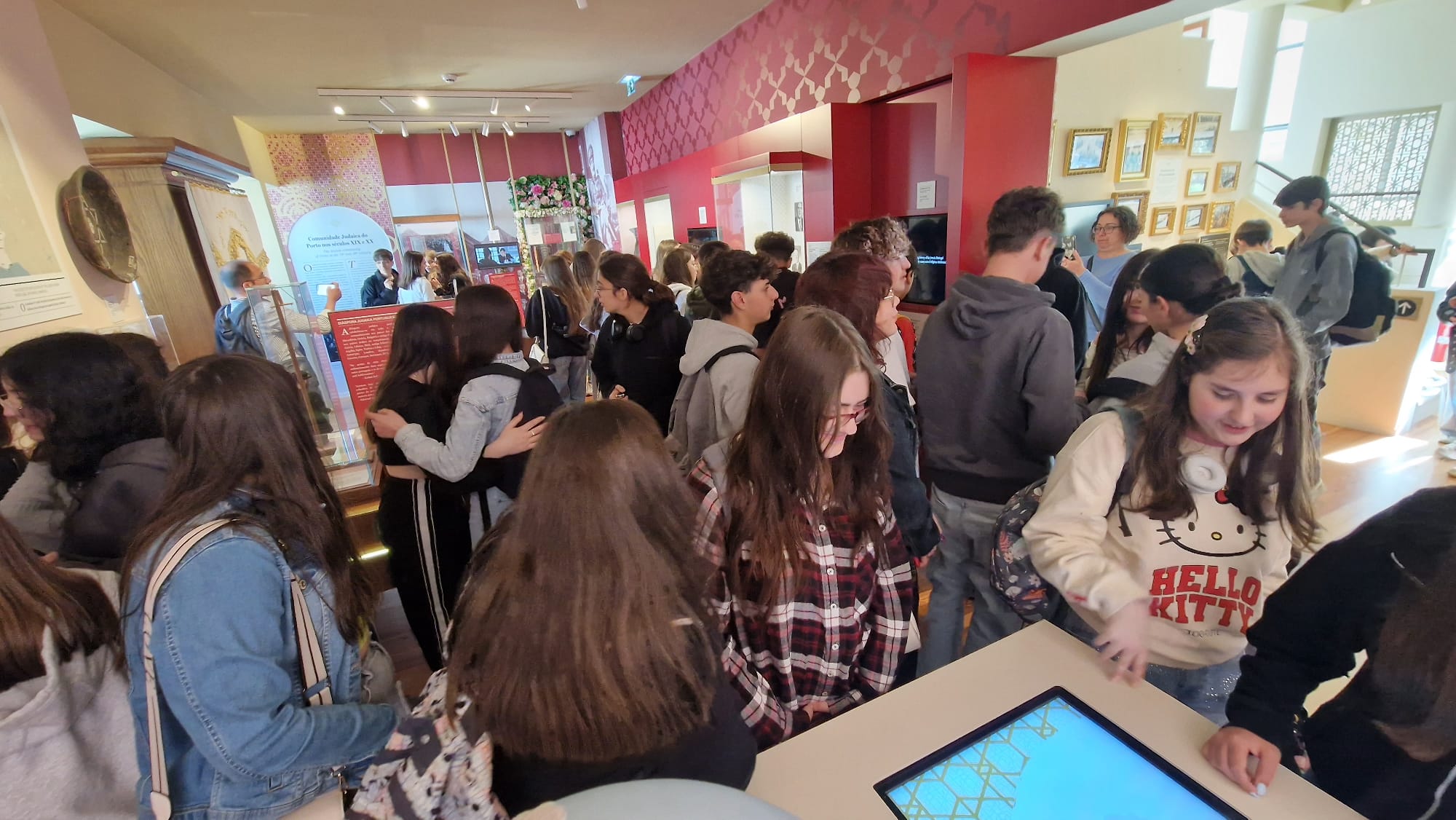
At 110 years of age, Cecília Cardoso was the oldest citizen in Oporto to be persecuted by the Inquisition which accused her of Judaising heresies. Other victims were much younger, including a 10-year old child, as well as several members of the Espinosa family, who confronted that religious tribunal and its methods of torture in the years 1544, 1620 and 1624. Shortly after, Amsterdam saw the birth of the famous Jewish philosopher Baruch Espinosa, son of parents who had abandoned Portugal in search of a safe haven.
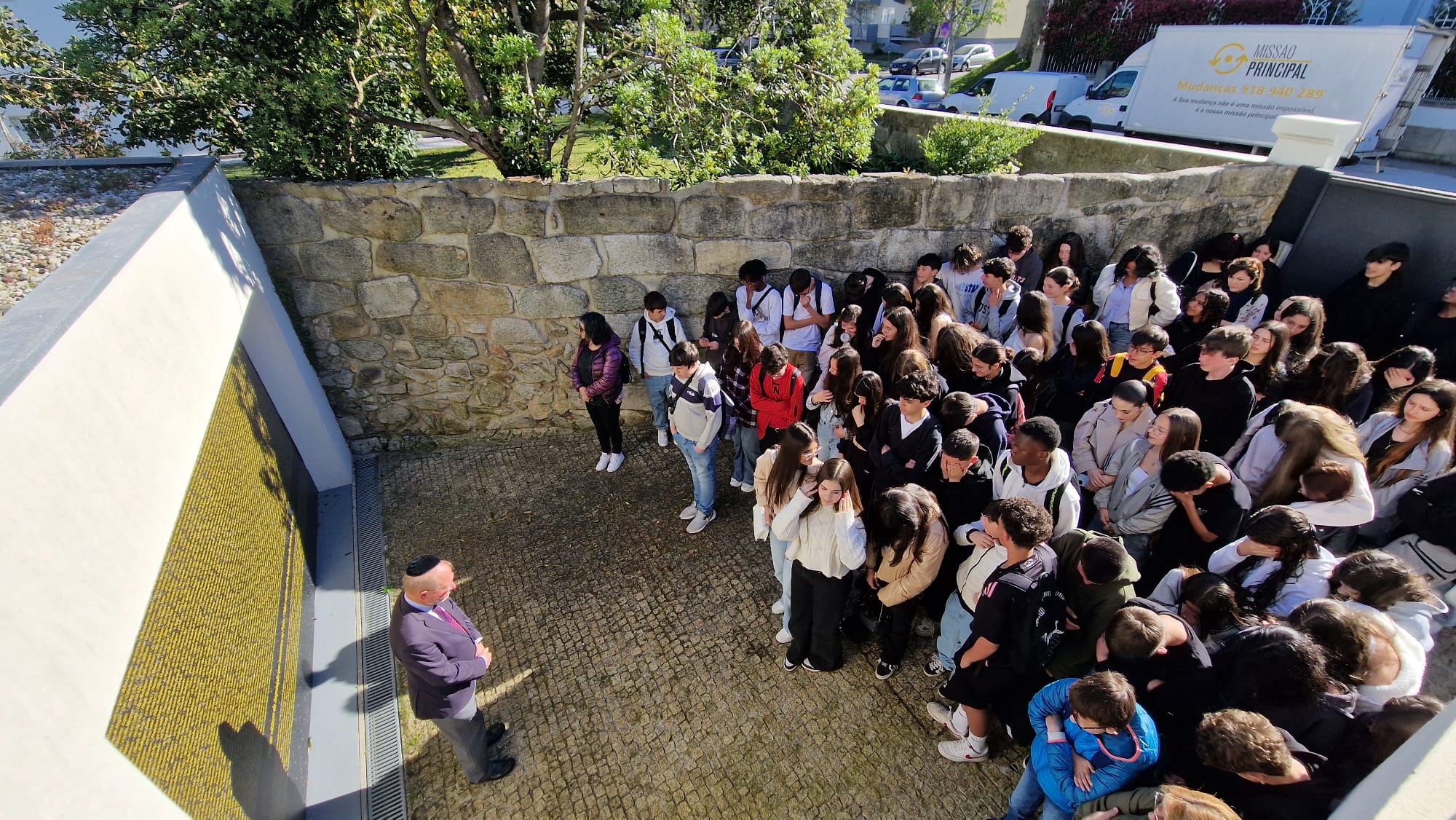
Today, the cinema of the Museum exhibited striking scenes from the film "1618", about the Inquisition in Oporto. This was the Portuguese film which won the most international awards ever, and was produced in 2019 by the Jewish Community of Oporto.
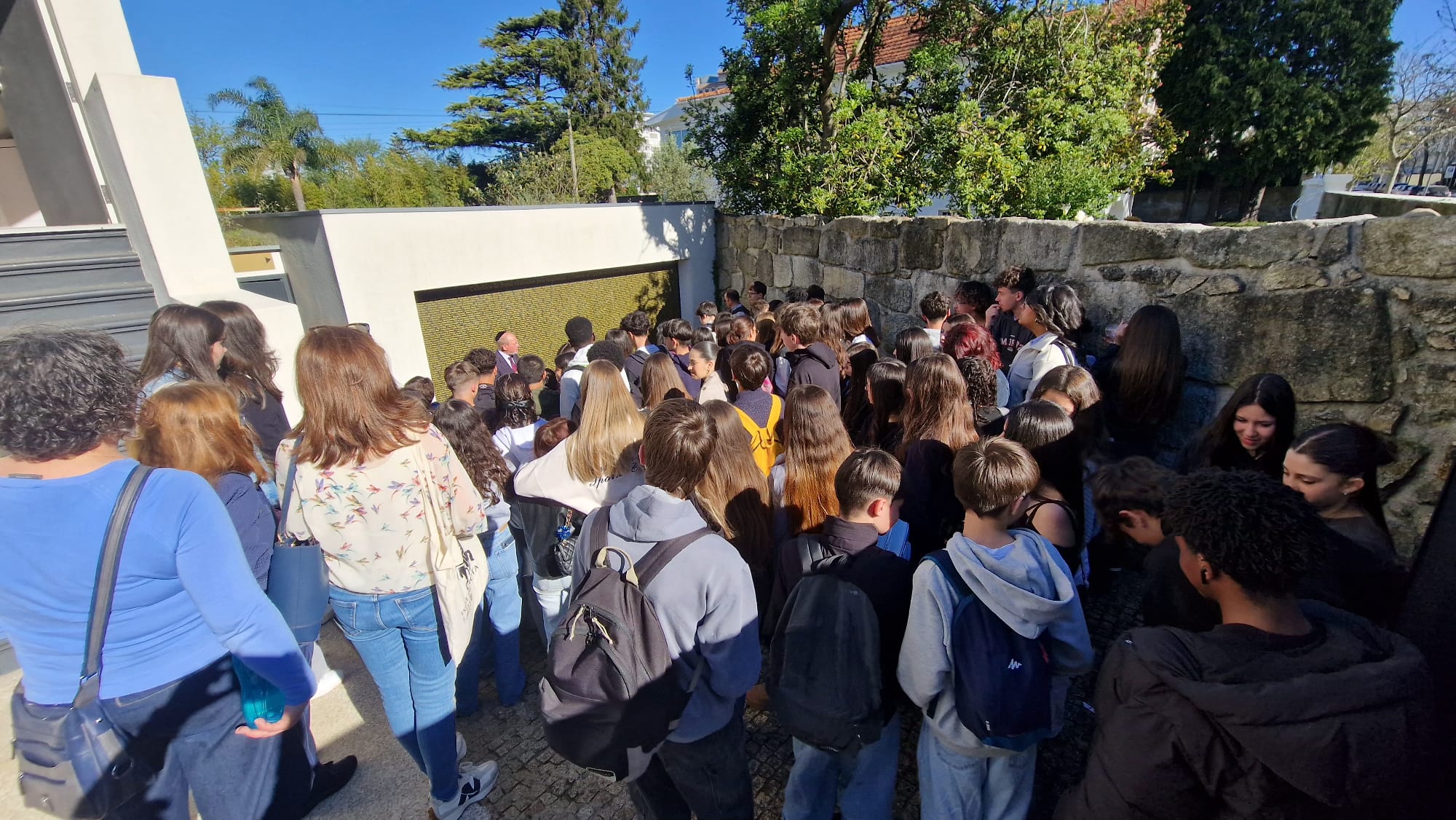
One of the most interesting objects that the Museum presents is the last regiment of the Inquisition, which attempted to humanize the process. The 1774 Regulation prohibited anonymous complaints to begin an investigation and required that “the most accurate and rigorous information be taken about the life, customs, credit, probity and reputation of the informants and witnesses”. This Regiment also prayed that “Every person who testifies falsely at the Table of the Holy Office will be publicly flogged and degraded in abject despair to the Galleys for a period of ten years.”































